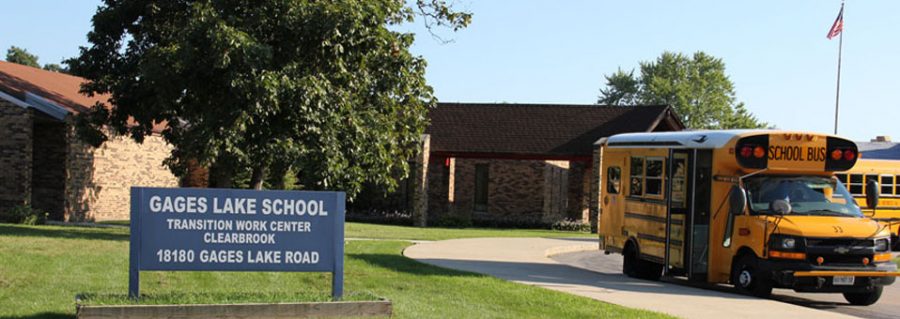Students isolated in “quiet rooms” throughout state
Quiet rooms misused to discipline students with special needs report reveals
Recent reports have shed light on the widespread misuse of quiet rooms.
These rooms are meant to protect students from harming themselves or others by isolating them in a safe room for a short period of time. However, ProPublica andTribune reporting has revealed that in schools across Illinois students are being placed into these solitary rooms for the benefit of teachers rather than students.
Of the districts listed in the report, Wilmette District 39 was shown as having 361 uses of these “quiet rooms” in the 2017-2018 school year alone.
Though D39 was mentioned in the report, there aren’t any confirmed accounts of misuse of these rooms within the school district.
Wilmette School District 39 is comprised of six schools including Wilmette Junior High School and Highcrest Middle School. Known for impressive special education services, the district has a significant percentage of students with special needs.
In the 2017-18 school year there were 3,691 students at these six schools. 480 of these students had IEPs, and 9% of those with IEPs had Autism, 21% had developmental delays, 6% had an emotional disability, 33% had a learning disability and 11% had a speech impairment.
When asked about their specific uses and rationale for the use of the quiet rooms, Wilmette School District 39 declined to comment.
In their report, the Tribune uncovered the serious issues with the quiet rooms across the state but noted none specific to District 39.
“Students, most of them with disabilities, scratch the windows or tear at the padded walls. They throw their bodies against locked doors. They wet their pants. Some children spend hours inside these rooms, missing class time. Through it all, adults stay outside the door, writing down what happens.”
This atmosphere was echoed by the Tribune in its consultations with experts in the field of education.
“Special-education experts and administrators in school systems that have banned seclusion argue that the practice has no therapeutic or educational value, that it can traumatize children and that there are better alternatives.”
The Illinois law on these quiet rooms states that students can only be secluded only if they are in danger of hurting themselves or others. However, the Tribune explained this law is violated daily.
“Children were sent to isolation after refusing to do classwork, for swearing, for spilling milk, for throwing Legos. School employees use isolated timeout for convenience, out of frustration or as punishment, sometimes referring to it as serving time.”
General physical abuse has been uncovered at schools with quiet rooms across the state according to the Tribune including at Gages Lake School.
“A 7-year-old boy from Gurnee got off the school bus from Gages Lake and told his father that his butt hurt because a school aide had made him fall. In the video, records show, the boy was standing against the wall in one of four bays that make up the area referred to as “the office.” The office had locked rooms and doorless areas, which were referred to as “calming” rooms. An aide grabbed the student causing him to fall, according to DCFS records and his parents, who watched video of the incident.”
The Tribune continued their investigation into these quiet rooms in another piece in December, reporting that Governor J.B. Pritzker put a temporary halt on all seclusion rooms in all schools across Illinois.
Gov. J.B. Pritzker used the term “appalling” to describe the violation of children in schools and directed the education agency to make emergency rules for schools.
On February 18th, the Illinois State Board of Education voted unanimously in favor of banning the use of locked quiet rooms as well as stopping the use of prone restraint. However, according to ProPublica, after consulting with special education schools the board opted not to ban all involuntary solitary seclusion.
“ISBE will allow schools to place students alone in seclusion rooms when they are ‘engaging in extreme physical aggression’ and it would be unsafe for an adult to be in the room with them,” wrote ProPublica.
Currently these changes have been implemented as emergency rules to ensure their implementation while awaiting approval from a separate state rule-making agency.








































